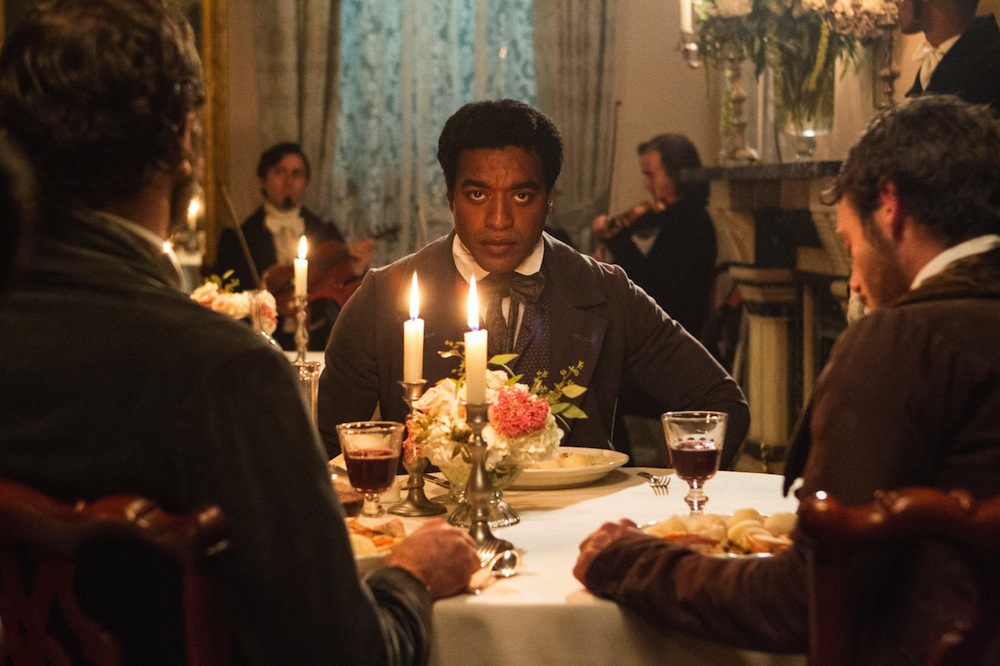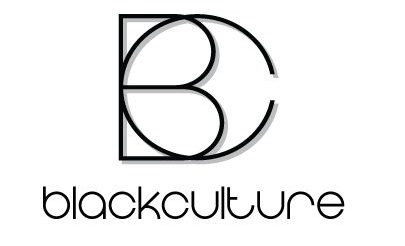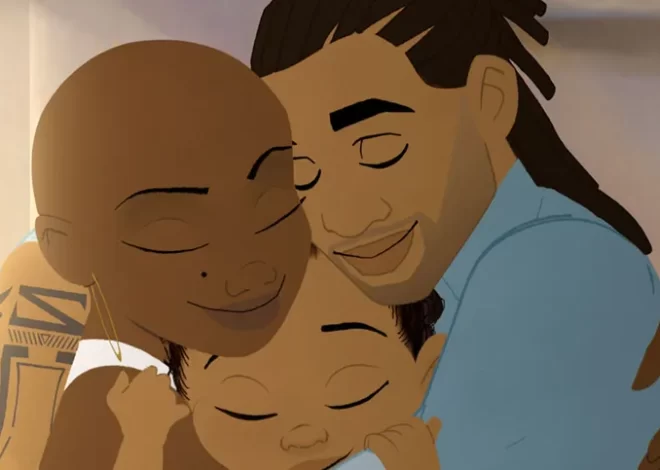
Just How Was Slavery Portrayed Differently in 12 Years a Slave than Django Unchained?
In various visual media we have slaves and slavery as part of the plot. Be it Daenerys Targaryen being the White Savior to slaves, all of which who are people of color, on Game of Thrones; the use of slavery for the sake of sensationalism, or “Historical Fiction” in American Horror Story: Coven and Django Unchained; and then the realistic depiction of slavery in 12 Years A Slave; America, though specifically Hollywood, has latched onto the idea that once again slavery can be very profitable. At the same time, should we still think of slavery, in this case the depiction, as still something which exploits people of color, Black Americans perhaps specifically, without thought? Or simply, should we be glad that some history and stories are told, and that our actors are getting work in the process?
To begin, let’s talk about Django Unchained, a film which writer/ director Quentin Tarintino called “Historic Fiction” which took the painful topic of slavery and created a divisive movie which the actors defended, and many others took issue with. Kerry Washington made claims that this film gave a Black woman the chance to be the damsel in distress to be saved by a hero, a Black male hero at that. Also, we got reminded that the use of the word “Nigger,” to the point where it is desensitized, was historically accurate and fitting for a film about slavery. Now, when it comes to the topic of slavery, naturally Black Americans are sensitive. After all, why shouldn’t we be? Aren’t the Italians sensitive about any movies dealing with their people, especially if they are portrayed as mobsters? So why shouldn’t Black Americans take issue when a painful part of our past is made into an action/ comedy or “Historical Fiction.”
But, taking a look at the current landscape, should we even expect more? In shows like Game of Thrones, when it comes to slaves, people of color, and by this I mean those who seemingly are of the African diaspora, are the only slaves seen. At this very moment in fact, the only character that isn’t a slave, now freed by White Savior Daenerys Targaryen, is a character named Salladhor Saan, who currently is the only Black character still alive who ever had any type of power over himself. Then, with American Horror Story: Coven, we have an all new use of slavery since they are going to combine Voodoo practices with it and of course, being it is a Ryan Murphy production, they are going to make the Black men mutilated and seen as anything but something positive as the Black women are written as sassy as they can be.
But, those two productions aside, this weekend we had a new slave narrative released, in select theaters, and it is called 12 Years a Slave. The story of Solomon Northup gives us something rarely seen outside of documentaries on the topic of slavery. A depiction which doesn’t try to give us comic relief, as Django did, nor have the women become this super hero movie damsel in distress as seemingly Washington saw Broomhilda as. With 12 Years a Slave we get the bits which Django Unchained only touched on to remind us that, despite the Spaghetti Western style Tarintino loves, the film did actually have to deal with slavery.
Solomon Northup’s story though isn’t part of some action/ comedy where he plays the straight man to a silly White character, with slavery being part of the background. His story, which I don’t necessarily want to call definitive, perhaps presents the closest thing we may ever get to a depiction which tries to not pull punches, or gives us relief, when it comes to the horrors of slavery. Take note that we witness a man of class and prominence, in his community, taken from such and put in chains. A man who mirrors the life many of us can have. One of which we have an education, a job, a family and all the things which would usually make us a valued member of society, but such can quickly be stripped away because of our skin tone.
Perhaps one of the real issues with Django Unchained, was it traded in any sense of showing humanity for the sake of over the top characters and laughs. Because of that, it always was superficial and made slavery just a plot device in order to setup who are the good guys and who are the bad guys. Perhaps the worse thing though is what the thing which made Kerry Washington defend it. Often, Black women aren’t given their fair due in movies dealing with slavery. They suffer, but it is like with The Butler, it is off-screen and once things are said and done they are practically silenced. Steve McQueen’s 12 Years a Slave though corrects this atrocity and gives Black women their voices so when their children are snatched from them, it doesn’t have them fade out and we only see what happens to the male child. Black women are given a chance to mourn, scream and question why anyone would tell them to shut up about it. In 12 Years a Slave we get the ability to see Black women of all kinds. Women like Lupita Nyong’o, women like Adepero Oduye, dark skinned women, light skinned women, women who are children who will be forced to grow up to fast and old women who have suffered long yet still are living. It presents them as more than a means to transition to a different part of a story, but has them become full characters to the point where they transcend the idea of being a character and become real people.
But, there is still the question at hand: Our history is being used for profit. Sometimes like Django Unchained, other times like 12 Years a Slave, and with American Horror Story: Coven and the depiction of Black characters in shows like Game of Thrones, it seems we can also expect everything in between. So I ask you: is our history being exploited? Does the imagery matter? Does the message matter? Or does the means justify the ends if the execution is good?
To help you think about the matter, I’ll leave you with the words of Viola Davis who spoke to Travis Smiley about her issues with the criticism The Help received:
“[Speaking to Tavis Smiley] That very mindset that you have, and that many African-Americans have is absolutely destroying the Black artist. The Black artist cannot live in a place, in a revisionist place, the Black artist can only tell the truth about humanity, and humanity is messy, people are messy. Caucasian actors know that, they understand that, they understand when you bring a human being to life what you want as an artist is to show all the flaws, as well as the beauty. We, as African-American artist, are more concerned with image and message, and not execution.”



